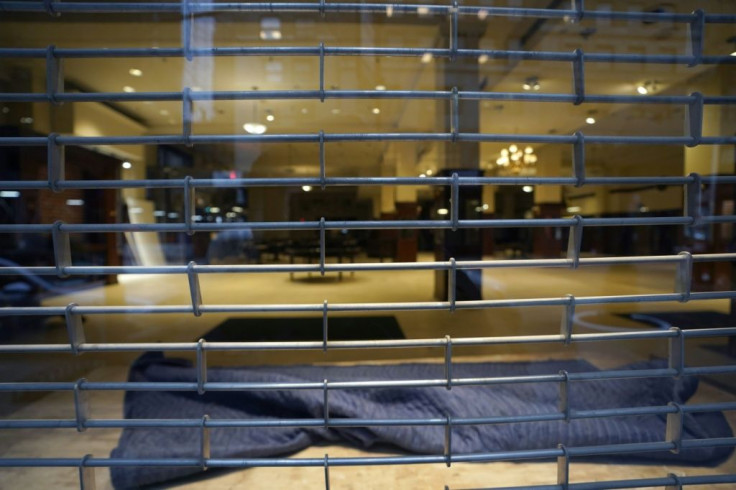U.S. Salaries Up Overall Amid Massive Job Losses
The COVID-19 pandemic didn't start the economic divide in the U.S, but it has magnified it.
Salaries and wages have slightly increased since the pandemic began last year, according to The Associated Press. Over the same time, 9 million fewer workers are receiving those salaries and wages.
Citing data from the Commerce Department, the report said wages and salaries in February 2020 were $9.66 trillion after factoring in seasonal annual rate adjustments. In December, the number was $9.67 trillion. December is the latest month the data is available, according to the report.
Labor Department figures tell the same story. Income was 0.6% more in January than it was a year ago, excluding government workers.
"We've never seen anything like that before," said Richard Deitz, a senior economist at the Federal Reserve Bank of New York. "It's a totally different kind of downturn than we've experienced in modern times."
Job losses have hit the lower-paid members of the workforce harder than any other group, according to an Associated Press report published last month.
In a typical economic downturn, job losses cut across a broad spectrum of workers of all wage classifications.
This has not been a typical economic downturn. Home sales spiked 26% year over year as workers looked for more space to accommodate working from home.
The spike in real estate boosted pay not just in that sector, but also in banking and insurance.
Job figures paint a picture of two economies. In one, jobs in construction, financial services, transportation and warehousing rose by more than 100,000 in December. In the other economy, though, nearly 500,000 jobs were lost in restaurants, bars, hotels, casinos and entertainment.
That's not counting job cuts in state and local government, personal services and education.
"It tells the story of an economy that has really tanked for the most vulnerable," said Elise Gould, an economist at the Economic Policy Institute in Washington. "It's shocking how small a dent that has made in the aggregate ."
The New York Federal Reserve released data Tuesday showing that as of December, employment for those making less than $30,000 a year was down 14%. At the same time, jobs paying $85,000 or more increased marginally. There was a 4% drop for those in the middle of those two figures.

© Copyright IBTimes 2025. All rights reserved.





















